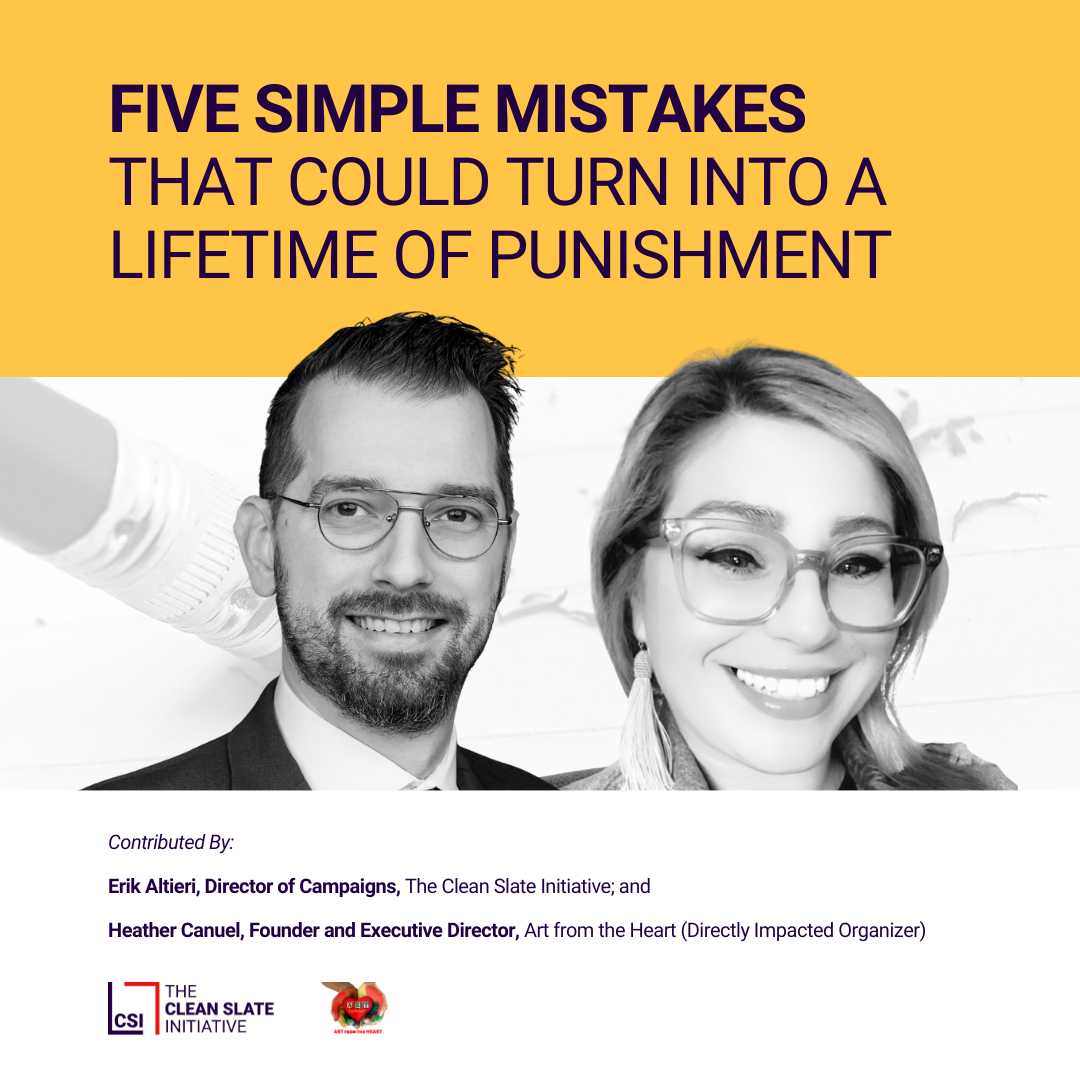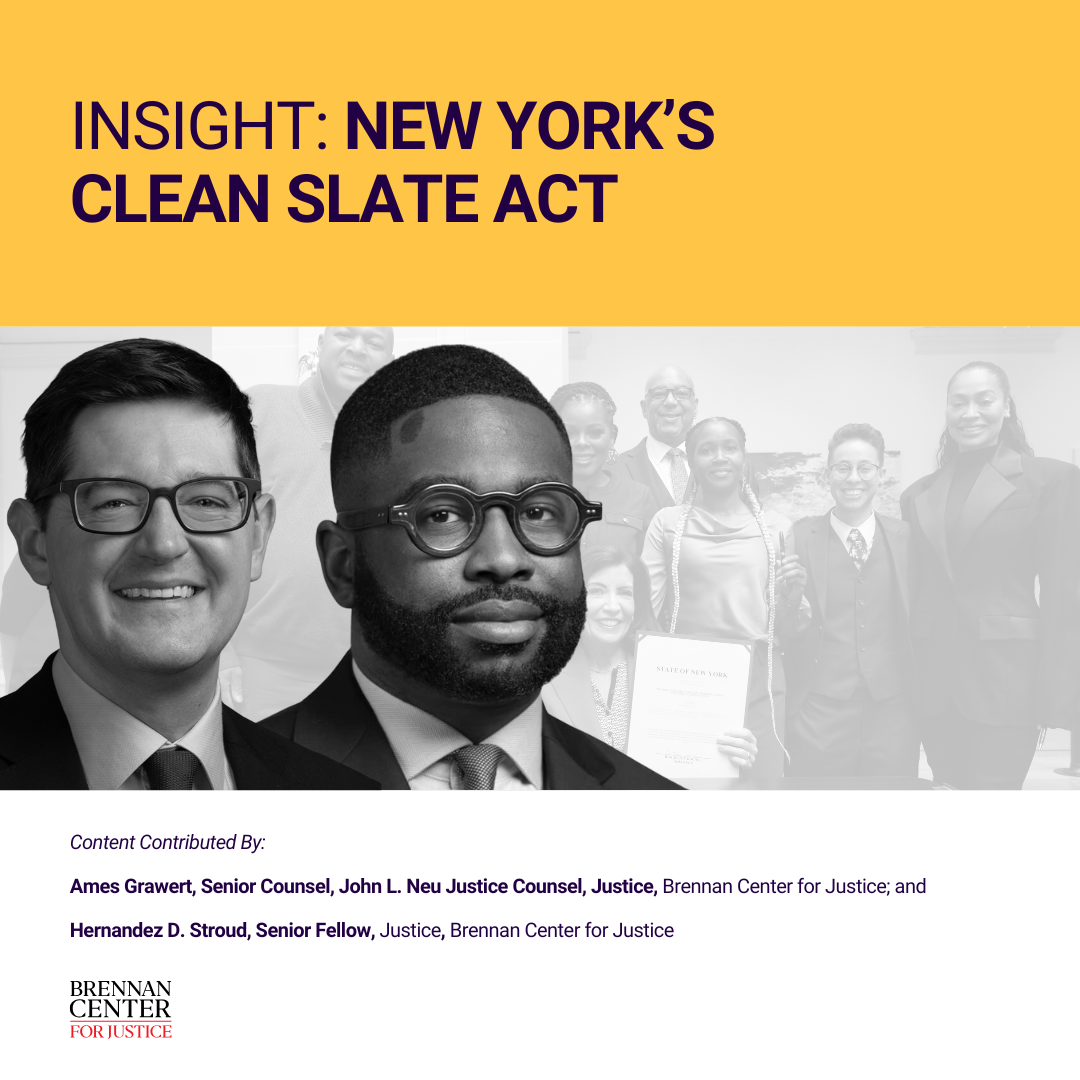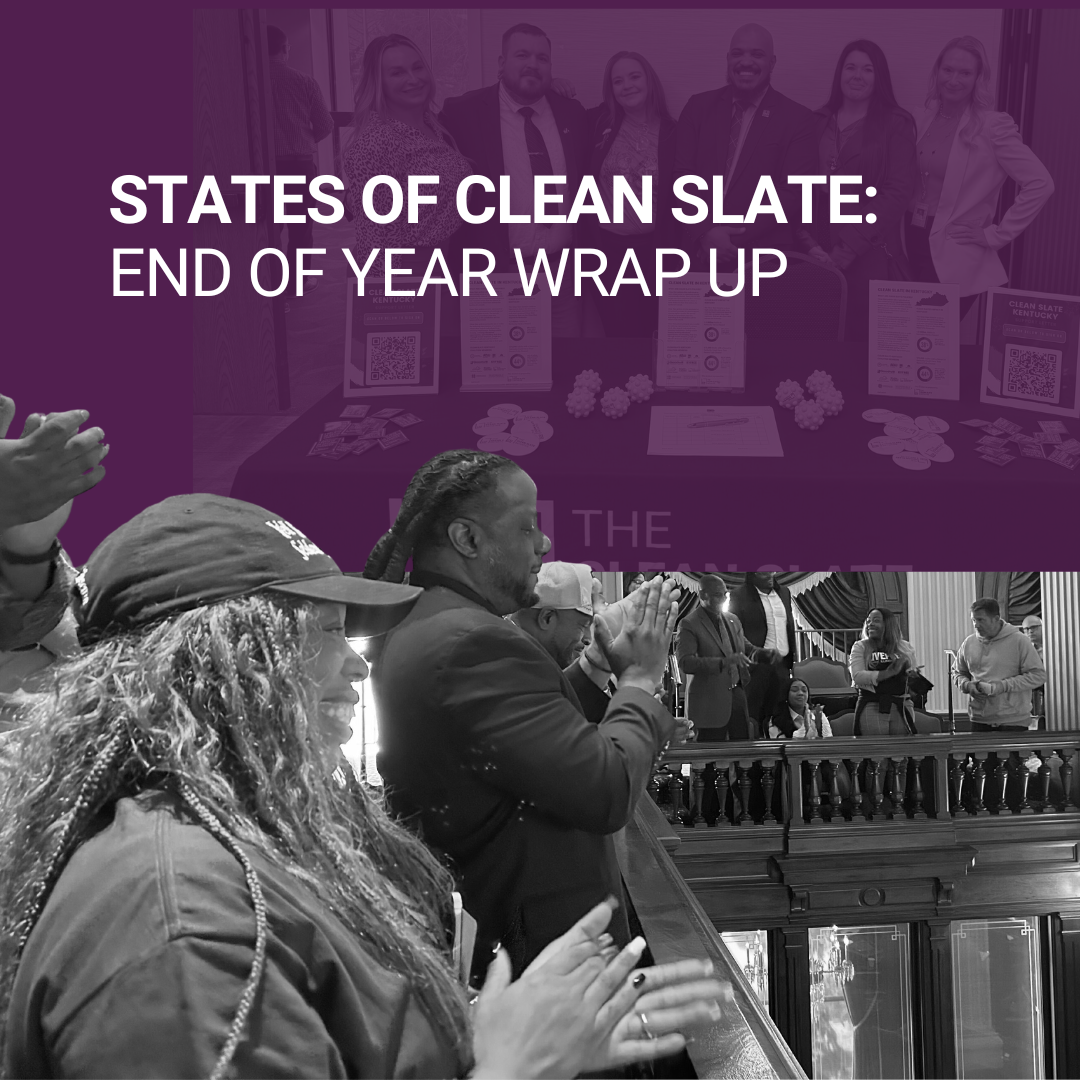Five Reasons Second Chance Policies Benefit Public Safety

Public safety isn’t just about punishment — it’s about prevention. Communities are safer when people have jobs, stable families, and a real chance to rebuild after a past mistake. That’s why second chance policies like Clean Slate have bipartisan support: they reduce recidivism, strengthen families, and break cycles of crime while keeping important safeguards in place.
Here are five ways second chance policies directly benefit public safety:
1. They Address Root Causes of Crime
Economic opportunities (or lack thereof) for people following an arrest or conviction is a key underlying factor that contributes to recidivism. Clean Slate policies expand opportunities for individuals with past arrest and conviction records who have demonstrated accountability and remained crime-free. Evidence shows these policies increase workforce participation and significantly reduce recidivism, contributing to safer communities.
“Public safety is strengthened when individuals have a real chance to succeed. Having a job is critical to breaking the cycle of crime and keeping communities safe. Simply put, employment is among the strongest evidence-based solutions for public safety.” — Jason Pye, Due Process Institute
2. They Strengthen Families and Communities
Strong families are the foundation of safe communities. Clean Slate policies directly strengthen family stability, unity, and prosperity by removing barriers that prevent parents and family members from fully participating in economic and social life. These support systems are critical for creating the conditions that research shows are most protective against crime and social dysfunction.
“In a recent poll of Clean Slate recipients in Utah, Michigan, and Pennsylvania, 35% of respondents experienced improved family relationships, and 34% reported positive mental health and self-esteem changes after having a record sealed through an automated process.” — The Clean Slate Initiative
“The process of acquiring such bonds [with conventional society] gradually bends the trajectory away from criminality and toward desistance and a final state of termination.” — Brookings Institute
3. They Improve Outcomes for Children and Breaks Cycles of Crime
When parents have access to better employment, children benefit from improved nutrition, stable housing, and reduced financial stress in the household. Higher family income also enables parents to live in safer neighborhoods with better schools, creating an opportunity to break intergenerational cycles of poverty and crime.
“Almost half of children in the United States have at least one parent with a criminal record. These children are more likely to experience poor educational and health outcomes as well as an increased likelihood of being arrested themselves…In light of these issues, automated record sealing is the best option for helping formerly incarcerated people reintegrate into society.” — Anthony Lamorena and Nicholas Thielman, R Street
4. They Maintain a High Threshold for Which Records Get Sealed
Clean Slate policies are drafted with public safety and the risk of a reoffense in mind. Serious crimes remain permanently ineligible for automated sealing. The policies also include waiting periods requiring people to demonstrate a commitment to living a law-abiding life for several years before being eligible for record sealing. Research consistently shows that Clean Slate legislation poses no risk to public safety. Studies indicate that individuals whose records are expunged are significantly less likely to reoffend.
“Research indicates that after a waiting period of 5 to 7 years without criminal activity, most individuals with records pose no more significant threat to public safety than the general population. By aligning legislative waiting periods with research findings, we reinforce the concept of rehabilitation - a cornerstone of the American correctional system.” — The Clean Slate Initiative
5. Law Enforcement Maintains Access to Sealed Records
Records sealed through an automated process are shielded from public view to allow people a chance to move forward; they are not destroyed or erased. Courts and law enforcement retain full access to sealed records in most states if they ever need them for investigative and sentencing purposes.
“Serious crimes—including homicides, sexual assaults, and violent felonies—remain fully accessible to the justice system. Furthermore, law enforcement agencies and courts generally retain access to sealed records when necessary for investigations or sentencing, ensuring public safety considerations are not sacrificed in favor of administrative convenience.” — Jillian Snider, R Street
.avif)

.webp)
.png)



